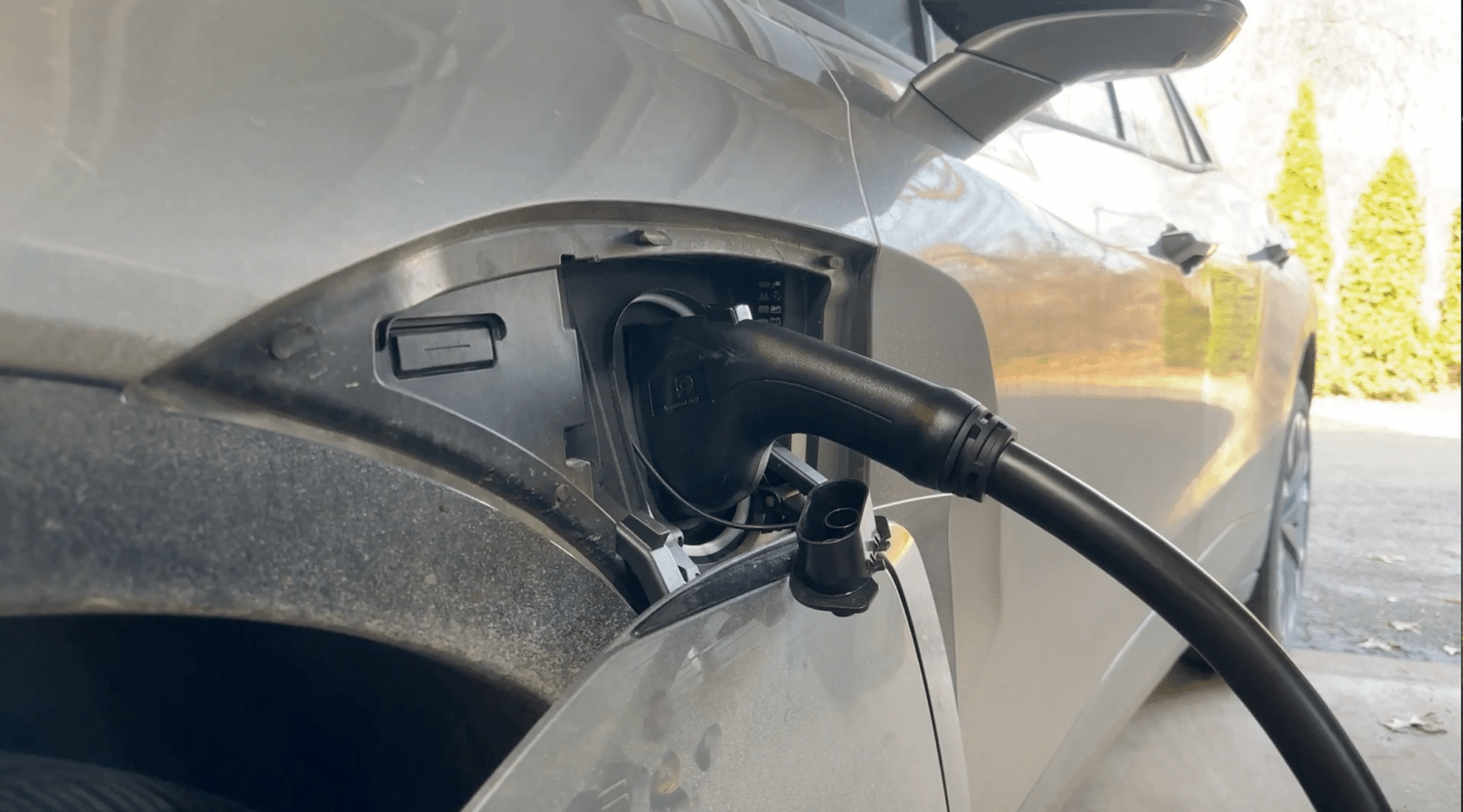Electric vehicles (EVs) are becoming increasingly popular as people look for more environmentally friendly transportation options. But one of the common complaints among EV owners is the time it takes to charge their cars. Many people wonder, “Why does it take all night to charge my car?” The answer lies in the different levels of EV chargers and their charging speeds. In this blog post, we’ll explore the different types of EV chargers and help you decide which one is the best fit for your home.
Level 1 EV Charger:
The most basic type of EV charger is the Level 1 charger. This charger typically comes with the purchase of an EV and can be plugged into a standard 120-volt outlet. This means that you can charge your car at home without any additional installation or equipment. However, the downside is that it is the slowest option, with an average charging speed of 4-6 miles per hour. This means that it can take up to 24 hours to fully charge an EV with a 60 kWh battery.
Level 2 EV Charger:
The next step up is the Level 2 EV charger, which requires a 240-volt outlet. This type of charger can be installed at home with the help of an electrician and a dedicated circuit. The benefit of a Level 2 charger is that it can charge your car at a much faster rate, with an average speed of 25 miles per hour. This means that it can fully charge an EV with a 60 kWh battery in about 8-10 hours, making it a great option for overnight charging.
Level 3 EV Chargers:
Level 3 chargers, also known as DC fast chargers, are the fastest option available for EV charging. These chargers are typically found at public charging stations and can charge an EV at a rate of up to 350 miles per hour. However, they require a special connection and are not suitable for home installation. These chargers are mainly used for long-distance travel and can charge an EV with a 60 kWh battery to 80% capacity in just 30-45 minutes.
Choosing the Right Charger for Your Home
Now that you know the different types of EV chargers and their charging speeds, you might be wondering which one is the fastest and most suitable for your home. The answer depends on your daily driving habits and the capacity of your home’s electrical system.
If you only drive short distances and have access to a Level 3 charger for longer trips, a Level 1 charger may be sufficient for your needs. However, if you have a longer commute or need to charge your car multiple times a day, a Level 2 charger would be a better option.
Before you decide to install a home EV charger, it’s essential to consider your home’s electrical capacity. The installation of a Level 2 charger requires a dedicated circuit, and your home’s electrical system must be able to handle the additional load. It’s recommended to consult with a licensed electrician to assess your home’s electrical capacity and make any necessary upgrades before installing a Level 2 charger.
Take Advantage of Home EV Charger Tax Credits
The good news is that the installation of a home EV charger may be eligible for a tax credit. The federal government offers a tax credit of up to $1,000 for the purchase and installation of a home EV charging station. Some states also offer additional incentives, making it more affordable to install a home EV charger.
In conclusion, the time it takes to charge your EV depends on the type of charger you have and the capacity of your home’s electrical system. A Level 1 charger is the slowest option, while a Level 2 charger can charge your car overnight. If you need a faster charging option, you can utilize Level 3 chargers for long-distance travel. Consider your daily driving habits and home’s electrical system capacity before deciding on the best charger for your needs. And don’t forget to take advantage of any available tax credits to make the installation of a home EV charger even more affordable.

